Talent Management systems streamline recruitment, training, and retention processes by integrating HR functions into a unified platform. These solutions aid organizations in optimizing employee performance and aligning with business goals.
Talent Management provides comprehensive tools for managing the full employee lifecycle, from recruitment to development and retention. It leverages data analytics to offer insights into workforce capabilities and future needs, fostering a competitive advantage in diverse industries. The adaptability of Talent Management solutions allows organizations to tailor functions according to specific operational requirements, improving workforce engagement and productivity through better HR process alignment.
What features are essential in a Talent Management solution?Talent Management systems play crucial roles in industries such as healthcare, finance, and technology where dynamic workforce needs demand adaptable HR solutions. Healthcare organizations, for example, benefit from these systems by managing certifications and compliance effectively, whereas tech companies focus on continuous learning and development to keep pace with innovation demands.
Modern organizations find Talent Management indispensable for achieving strategic workforce alignment and driving organizational growth. These solutions facilitate a holistic approach to HR practices, promoting efficiency and adaptability in an ever-evolving business landscape.
| Product | Market Share (%) |
|---|---|
| SAP SuccessFactors | 11.5% |
| Workday | 10.4% |
| Oracle HCM Cloud | 5.6% |
| Other | 72.5% |

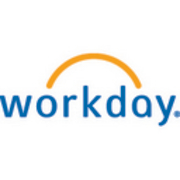



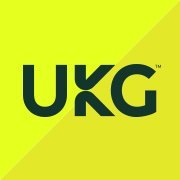
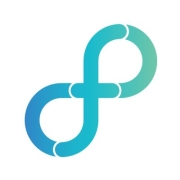



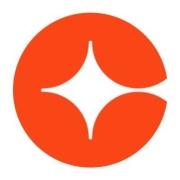
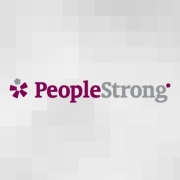
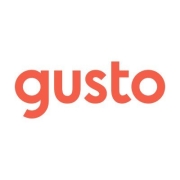

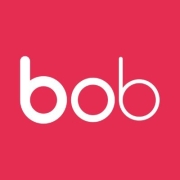
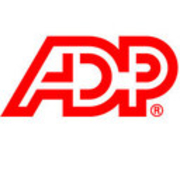




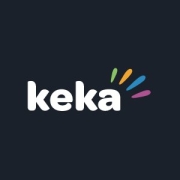


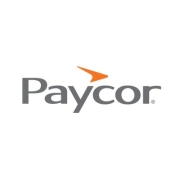
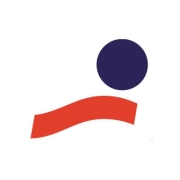

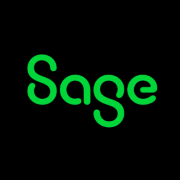



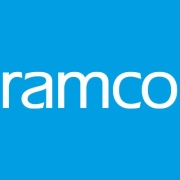
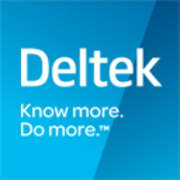




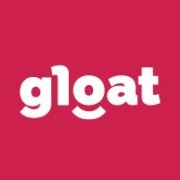


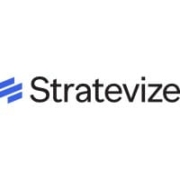

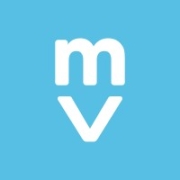





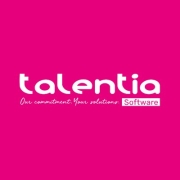

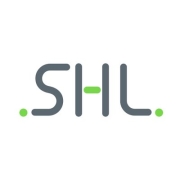


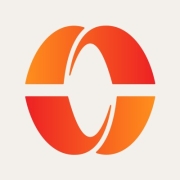

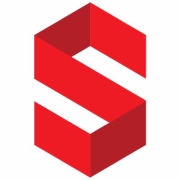
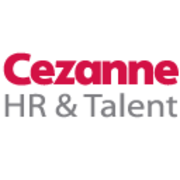

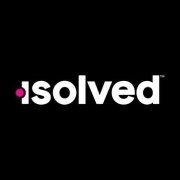


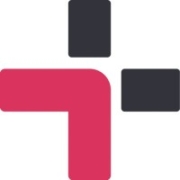



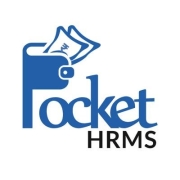
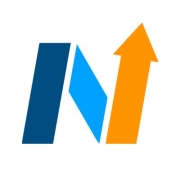

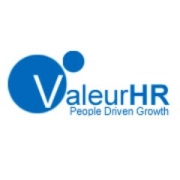


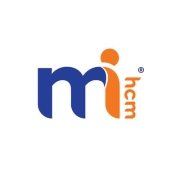
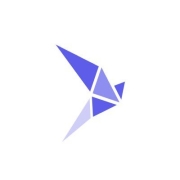


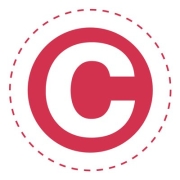
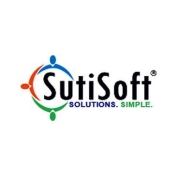
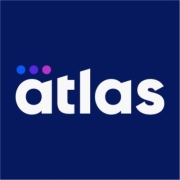














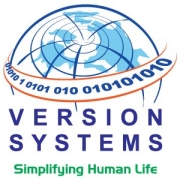

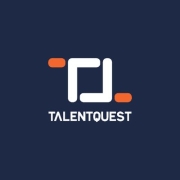
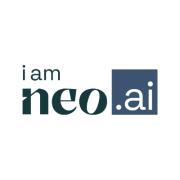
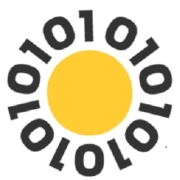
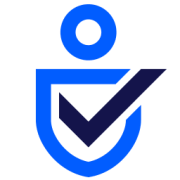
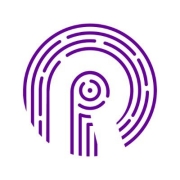








Organizations are increasingly leveraging new technologies to transform the talent management process. These technologies are important in talent management because they can improve HR practices, enhance the employee experience, improve diversity in the workplace, help retain and attract employees, increase staff engagement, boost productivity, and more. The adoption of the right technology and analytical tools is crucial because it will allow your organization to measure the effectiveness, efficiency, and impact of HR processes and activities, help you forecast the outcome of the HR processes, and see business results.
A talent management framework includes a strategic plan and the tools necessary for a talent management process to achieve business needs and success. The idea of a talent management framework is to help ensure you have a strategy in place to boost employee performance, increase efficiency levels, and improve retention rates.
The 9 box talent matrix is a tool used by HR administrators to measure employee performance and to also identify employees who have leadership potential. It is helpful in highlighting where to invest in training and mentorship. The 9 box talent matrix is made up of nine boxes set up in a three-by-three matrix with the horizontal axis indicating performance and the vertical axis indicating potential from low to moderate to high.
Talent management focuses on an employee’s complete journey, from recruiting to onboarding, training, upskilling, and more. Performance management is one part of talent management, and refers to assessing employee performance based on metrics and feedback. Performance management is used to engage employees and increase productivity, as well as to accomplish organizational goals.
Talent Management Solutions enhance employee engagement by aligning individual roles with company goals, fostering career development, and providing continuous feedback. By using these solutions, you can create a more motivated workforce that feels valued and appreciated, leading to increased productivity and job satisfaction.
What are the key features to look for in Talent Management software?When choosing Talent Management software, prioritize features like performance management, learning and development modules, succession planning, and robust analytics. Look for software that integrates with existing tools and offers customizable options to match your organization's unique needs, ensuring a seamless user experience.
How does data analytics improve Talent Management?Data analytics plays a crucial role in Talent Management by providing insights into employee performance and potential. You can use this data to make informed decisions about promotions, training, and hiring. Analytics help in identifying trends and patterns, enabling you to optimize workforce strategies and address any potential issues proactively.
What role does AI play in modern Talent Management Solutions?AI enhances Talent Management by automating administrative tasks, offering data-driven insights, and personalizing employee experiences. With AI, you can streamline recruitment, tailor development plans, and predict workforce needs. AI tools make Talent Management more efficient and effective, helping you retain top talent and drive business success.
How can Talent Management Solutions support remote workforce management?Talent Management Solutions support remote workforce management by offering virtual onboarding, digital training, and collaboration tools. These solutions facilitate seamless communication and ensure that remote employees remain engaged and aligned with company objectives. With the right tools, managing a remote team becomes as effective as managing an in-office team.